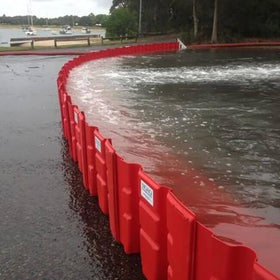Malcolm Bell, chief executive of Visit Cornwall told the newspaper: 'It will give the impression things have got worse when they haven't they have got better. The EU shouldn't have moved the pass mark.
'Next year if people go to a beach and there's an advisory notice there, the problem is they will think the standard's gone down.'
The Environment Agency have said that major improvements to water quality had already been made, with water companies spending £2 billion since 1990 and pledging to spend a further £350 million over the next five years to help improve bathing waters.
Dirty bathing water can be due to agricultural run-off, sewage overflows, animal and bird faeces on beaches and households and businesses with badly connected drains, with the weather the main short-term influence on water quality as heavy rain can wash pollution into the sea.
Ed Mitchell, executive director of environment and business at the Environment Agency, said: 'Water quality at English beaches is better than it's ever been after it reached record levels last year, and we are working hard with others to improve it further still.
'Good bathing water quality is essential for people's health, local tourism and economic growth, and everyone can play their part.
'We want water companies, businesses, farmers, local authorities and people living, working or visiting seaside towns to help us improve water quality.'
The Environment Agency have said that major improvements to water quality had already been made. Pictured is Spittal beach in Berwick-upon-Tweed




